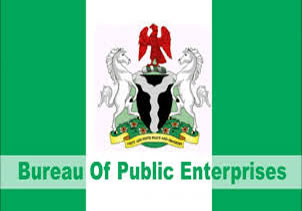By Peter Omopo
September 3, 2025
The Bureau of Public Enterprises (BPE) has announced plans to privatise 91 federal assets as part of efforts to improve efficiency, attract investment, and strengthen key sectors of the economy.
Director-General of the BPE, Ayodeji Gbeleyi, disclosed this during a media briefing in Abuja on Tuesday, stressing that the process would be carefully executed, sector by sector, to safeguard national interests.
“There are 91 public enterprises still outstanding within the purview of the Public Enterprises Act,” Gbeleyi said, adding that 16 firms in the oil and gas sector, including refineries and depots, as well as 12 in agriculture, 20 in aviation, and 28 in other public enterprises, have been identified. Others include companies in mines and steel, transport, eco-tourism, and two agencies under the FCT Administration.
According to him, equity in 35 firms will be fully privatised, while 57 will undergo partial privatisation. He, however, declined to name the affected enterprises, citing confidentiality.
Explaining the process, Gbeleyi said privatisation and concessioning under the Public Enterprise Act must follow a “rigorous and painstaking” approach. “It is the business case that will determine the structure and nature of each transaction,” he noted, adding that financial, legal, and technical advisors would be engaged.
The BPE boss pointed to reforms in the telecommunications sector as evidence that privatisation can unlock economic growth. “If we had allowed NITEL to remain a monopoly, the opportunities in telecoms and e-commerce would never have materialised,” he said.
Gbeleyi also disclosed that the government plans to list two electricity Distribution Companies and one Generation Company on the Nigerian Stock Exchange, though he did not reveal their names.
Highlighting the benefits of ongoing reforms, he said privatisation is creating jobs, building skills, and driving investment. “The government is embarking on a project to deliver 3.2 million meters, and Nigerians will be the ones to install them. There’s another 2.5 million project where our youths will also participate,” he said.
On compliance, the DG revealed that the bureau had strengthened its legal and monitoring framework. “We now have a dedicated unit for contract management and compliance. Under my watch, we will remain law-abiding and aligned with best practices,” he assured.

